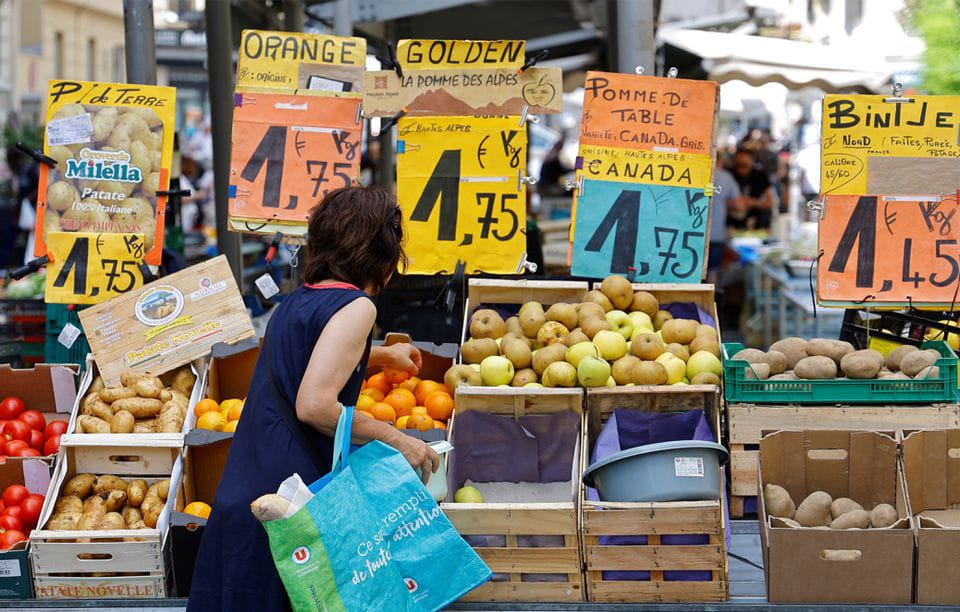PARIS: French economic growth will slow considerably in 2023 due to the energy crisis and inflation, before bouncing back in 2024 and 2025, the central bank forecast on Saturday. GDP growth will slow from 2.6 percent in 2022 to 0.3 percent in 2023, according to the Bank of France's "most probable" macroeconomic scenario for the next three years.
The slowdown in growth will be followed by a 1.2-percent rebound in 2024. That is lower than the 1.8 percent previously anticipated, because "the winter of 2023-24 could still be a bit complicated due to the energy crisis", director-general Olivier Garnier said. The rebound will continue in 2025, when growth is expected to reach 1.8 percent, the bank said.
The forecasts remain highly uncertain though. This is because of extremely volatile energy prices, geopolitical tensions-particularly the war in Ukraine-and uncertainty as to the evolution of COVID-19 in China. The Bank of France's outlook is less optimistic than that of the government, which forecasts 2.7 percent growth in 2022 and 1.0 percent in 2023.
"We can't rule out a recession but if there is one it will be limited and short-lived," Garnier said. Oil and gas prices are expected to fall back from the peaks seen this year but remain high and continue to feed inflation, as will food prices. Prices will have risen 7.3 percent by the end of 2022. Inflation will continue to rise in the first half of 2023 before dropping back to 4.0 percent by end-2023 and 2.0 percent at end-2024, the BdF said.
The national statistics agency INSEE said that France's economy is expected to contract by 0.2 percent this quarter as consumer spending is squeezed by inflation predicted to peak at 7.0 percent early next year. France is nevertheless expected to dodge a recession, which is usually defined as two consecutive quarters of contraction, with INSEE seeing a tepid rebound of 0.1 percent at the start of 2023.
It forecasts growth picking up to 0.3 percent in the second quarter of 2023. Overall, INSEE expects the French economy to post 2.5 percent growth in 2022. Julien Pouget, the head of INSEE's forecasting unit, said the fourth quarter was more likely a "passing cold" than a more serious illness for the French economy.
But with the European Central Bank raising its main interest rate by 0.5 percent on Thursday, and warning more such hikes were on the way in order to tame inflation, the forecast in the eurozone is not rosy. The ECB cut its 2023 eurozone growth outlook to 0.5 percent. INSEE did not provide figures for economic growth in 2023. The French government expects 1.0 percent growth next year, but independent forecasters consider that too optimistic. -AFP











